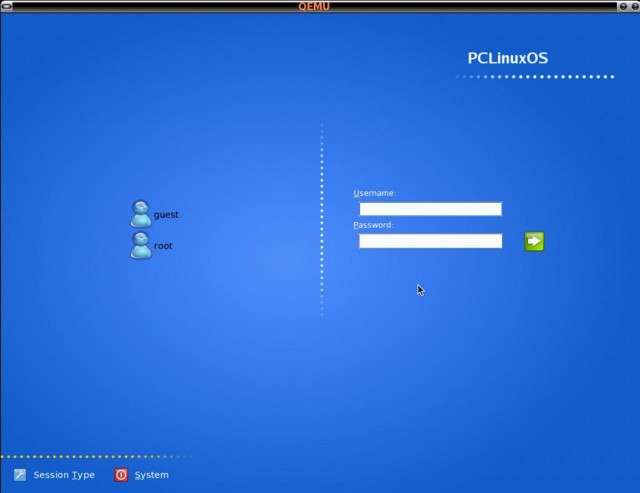I talk quite a bit about Linux going “mainstream” in this blog. The mainstream thought on Mainstream Adoption is that a “mainstream” thing is something that is familiar to the masses. According to the wikipedia, mainstream is:
- Something that is ordinary or usual
- Something that is familiar to the masses
- Something that is available to the general public
Linux has #3 down. I’d also argue that it is becoming “the usual” in quite a few areas of business and computing…so we partially have #1…but Linux will never be ‘ordinary’ as it’s only ordinary if you use it that way. #2 is where Linux hasn’t made complete progress. It’s well on its way to doing this.
I give this definition because I want to clarify that when I say I want Linux to “go mainstream,” I’m speaking of it becoming familiar to the masses. I don’t care about businesses or money or markets or anything else when I speak about the mainstream adoption of Linux. The reason I don’t care about Linux in business or the market value or channels of Linux service providers is because even if all of these things didn’t exist…Linux would still be there on my desktop…and if Linux didn’t exist, none of those markets, channels, or businesses that base themselves on Linux would be there. They are completely reliant upon Linux; but the opposite isn’t true. Therefore, I don’t care much about directions they want to see Linux go. Nor do I care about how much money Linux is valued at or how much money it can make people. I just want to see use of Linux spread. The more people that use Linux, the better off Linux will become…if not for more people that Linux will inspire to become active in projects then for making more noise if some piece of hardware (like a printer) doesn’t work in Linux. Perhaps if there are more voices in our chorus, people and businesses alike will have a harder time not listening to the music.
Despite my earlier notions that Linux and mainstreaming are a bad combination, I’ve switched to the school of thought that Linux becoming mainstream is a logical progression of growth. Especially considering that anyone using Linux doesn’t have the right to stifle this growth…linux is what linux does with or without our opinions and stances on matters. After all, open source is OPEN…for everyone…and if we’re speaking FOSS, then it’s free for everyone too. That means we don’t have a right to keep someone from using Linux nor do we have the right to keep Linux from someone…so mainstream, here Linux comes 🙂

 Perspective. It’s what separates one opinion from another. A person who looks at a glass that is half empty may be despondent but a person who looks at a glass half full may be full of joy. I like to think “Hey! Who the hell put that glass on this table anyway?”. We all have different ideas that shape who we are, what we do, and why we do it. Often, these ideas blend into our interests and hobbies. With free and open source software (namely Linux) we see this frequently…especially when debating on the subject of libre and free.
Perspective. It’s what separates one opinion from another. A person who looks at a glass that is half empty may be despondent but a person who looks at a glass half full may be full of joy. I like to think “Hey! Who the hell put that glass on this table anyway?”. We all have different ideas that shape who we are, what we do, and why we do it. Often, these ideas blend into our interests and hobbies. With free and open source software (namely Linux) we see this frequently…especially when debating on the subject of libre and free. It seems that being one of the top 500 visited websites in the world has gone to Digg.com’s head. Users are reporting that some articles that are submitted are being
It seems that being one of the top 500 visited websites in the world has gone to Digg.com’s head. Users are reporting that some articles that are submitted are being  I was getting a bit tired of saying the same things over and over to friends on the net. I was getting tired of repetitiously posting in forums the same sentiment over and over. Yet, just like getting a second wind in a long and tiring race…my tiredness melts away and I find myself feeling refreshed and anew. What the subject of this rant has to say and what I have to say in the paragraphs below are
I was getting a bit tired of saying the same things over and over to friends on the net. I was getting tired of repetitiously posting in forums the same sentiment over and over. Yet, just like getting a second wind in a long and tiring race…my tiredness melts away and I find myself feeling refreshed and anew. What the subject of this rant has to say and what I have to say in the paragraphs below are  If you’re like me, you get frustrated on a daily basis with your XP box. I hate to see people slow themselves down with spyware, adware, and virus’ so I have decided to share my secrets to speeding up your Windows XP Computer!
If you’re like me, you get frustrated on a daily basis with your XP box. I hate to see people slow themselves down with spyware, adware, and virus’ so I have decided to share my secrets to speeding up your Windows XP Computer!